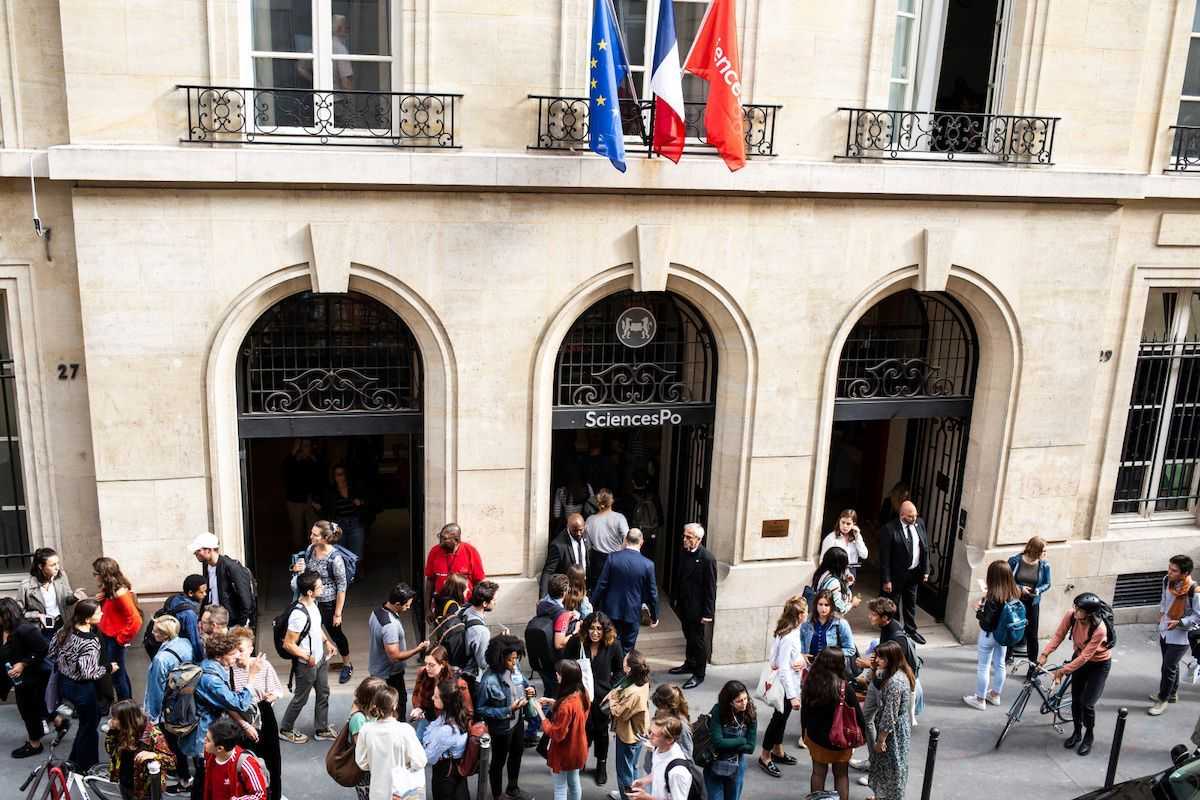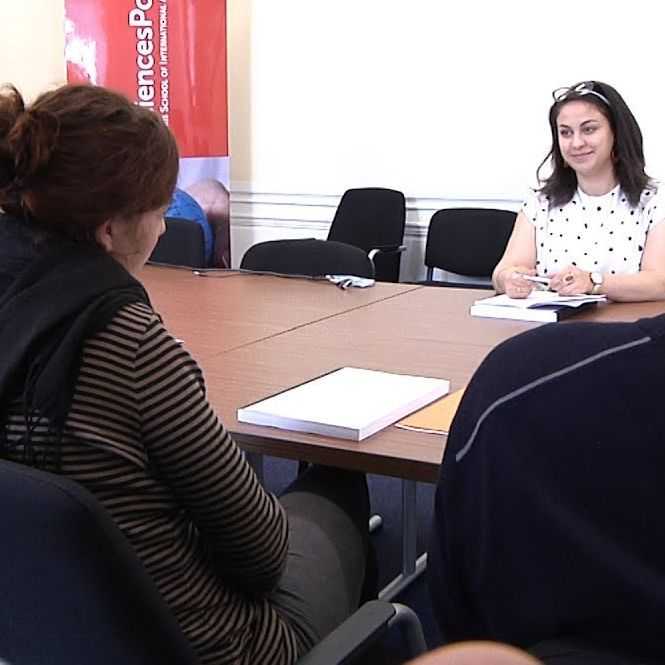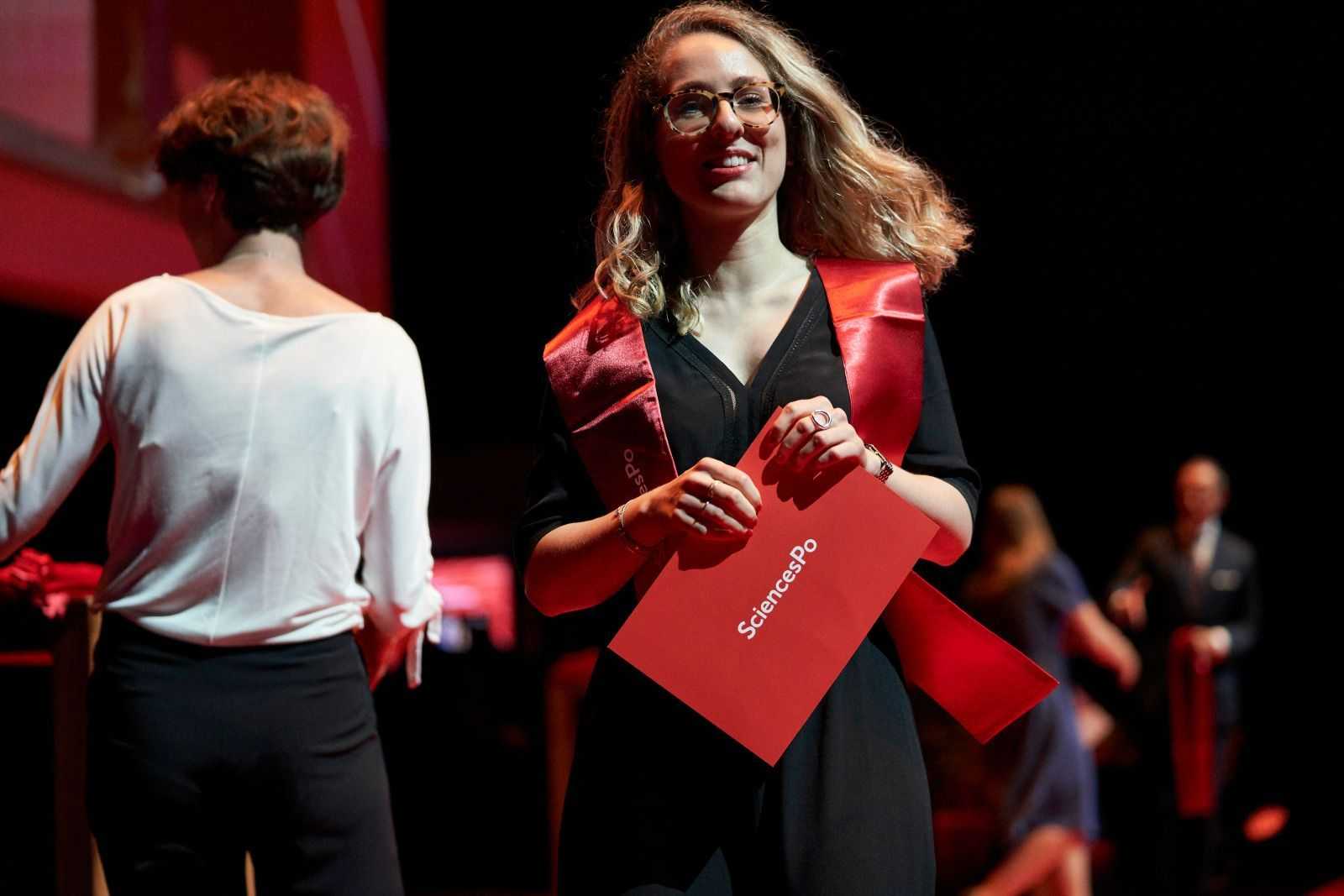
Common academic curriculum
Objectives
The Master’s Common Academic Curriculum (CAC) is at the heart of Sciences Po’s education project and offers academic and interdisciplinary courses in the tradition of our establishment. These lecture courses strongly contribute to the pedagogical innovation policy led by Sciences Po. They expose students to fundamental concepts and knowledge from across social sciences, in relation with the research of our scientific community, so our students can apprehend the key issues of our contemporary societies.
This programme aims to:
- Help students develop critical thinking skills;
- Raise awareness on contemporary issues through the lens of academic research and pedagogical innovation;
- Stimulate reflection and group discussion.
These courses provide a unique opportunity for Sciences Po students from all of our programs to work together and share a sense of cohesion and institutional belonging. It is also a chance for students to broaden their knowledge and skills outside of their very own master specificities.
The Common Academic Curriculum offers two types of instruction, in line with student needs –introductory courses and in-depth courses.
- Introductory courses are meant primarily for students with no background in social sciences or students who wish to be introduced to new subjects beside social sciences and humanities (climatology or physics for example).
- In-depth courses require introductory knowledge in the covered subject(s). They aim to complete or enhance understanding of a social science topic.
The Common Academic Curriculum provides three different kinds of decentralised perspectives – decentralised in terms of discipline, geography, or issues.
Courses that are decentralisatised with regard to discipline introduce students to fields of study and methodology outside the social sciences (often physical sciences).
Courses that are geographically decentralised consider specific geographic areas, or general issues questioned through resources produced outside the western societies.
Courses may offer a decentralisation on issues when they deal with a social issue in a different light. They favour new perspectives to allow a new comprehension of social issues in a changing world. Through the lens of bourgeoning fields such as environmental studies or gender studies (including LGBTQIA+ studies) for instance, students encounter perspectives that have been renewing the field of social sciences.
Programme
Academic Requirements
All Master’s students must successfully complete two common core courses to receive a Sciences Po Master’s degree.
Contact us
Academic Team:
- Astrid Ténière, Head of the division of studies, Department of studies and partnerships
- Esther Lourdelet, Academic Assistant, division of studies, Department of studies and partnerships
Email: formation.commune@sciencespo.fr
Information Office for students and faculty:
199 bd Saint-Germain, 75007 Paris
3rd floor, office 327 (door on the right, upstairs)
Opening hours:
- Monday, from 10:00 am to 12:00 pm
- Tuesday and Wednesday, from 10:00 am to 12:00 pm and from 2:30 pm to 4:30 pm
Please inform us of your visit by writing to formation.commune@sciencespo.fr



